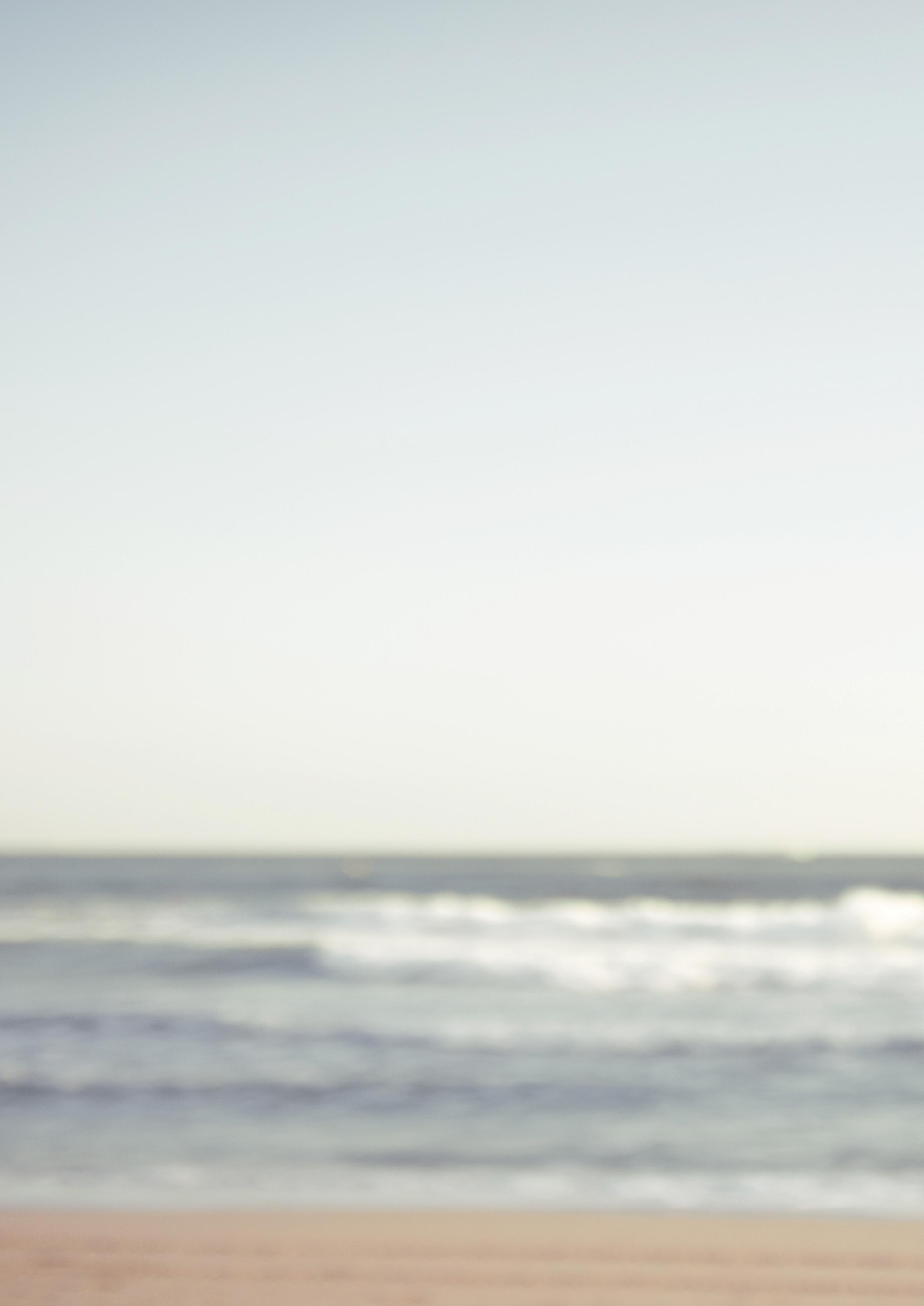
1 minute read
Yes, it's winter but you still need sunscreen! Dr Helena Rosengren
Dr Helena Rosengren Skin Doctor, Rsearcher, Lecturer and fellow of the Skin Cancer College of Australasia
Yes, it’s winter, but you still need sunscreen!
Living in the Sunshine State means we are blessed with 365 days of glorious weather. But when winter comes around, you may be tricked into thinking that our Queensland sun is hibernating during the cooler months. Whilst the temperature may be dropping, the risk of developing skin cancer certainly isn’t. Here’s why now is not the time to become complacent with sun protective measures.
• Sunscreen application is recommended when the UV Index is 3 or above, which for us in Queensland is every day, and winter is no exception. The sun's rays can often be more damaging in winter due to us eagerly welcoming the cooler weather and spending longer periods of time outside.
• The UV radiation is not related to the temperature, and you can still get burnt on cool or cloudy days. Even incidental sun exposure without burning can cause skin cancer.
• Queensland’s close proximity to the equator makes us more susceptible, and even during winter, puts us at a 60% higher skin cancer rate than the rest of the country.
• Living in the tropics means we are often not as fully covered in clothing as our southern counterparts, which increases our exposure and risk of developing skin cancer.
Even though the mercury has dropped, it’s important to protect your skin like you would in summer. Daily sunscreen is a must to protect you from skin cancer even if you are not planning on spending extended time in the sun.
Additionally, your skin will thank you for wearing a broad-brimmed hat and coverage when you plan on being outdoors for extended periods of time.
But what about Vitamin D?
Healthy vitamin D levels can be maintained by most people simply by spending a few minutes outdoors (with sunscreen on!) when the UV index is above 3 on most days of the week year round. Research has repeatedly confirmed that wearing sunscreen while outdoors does not put you at risk of vitamin D deficiency.











